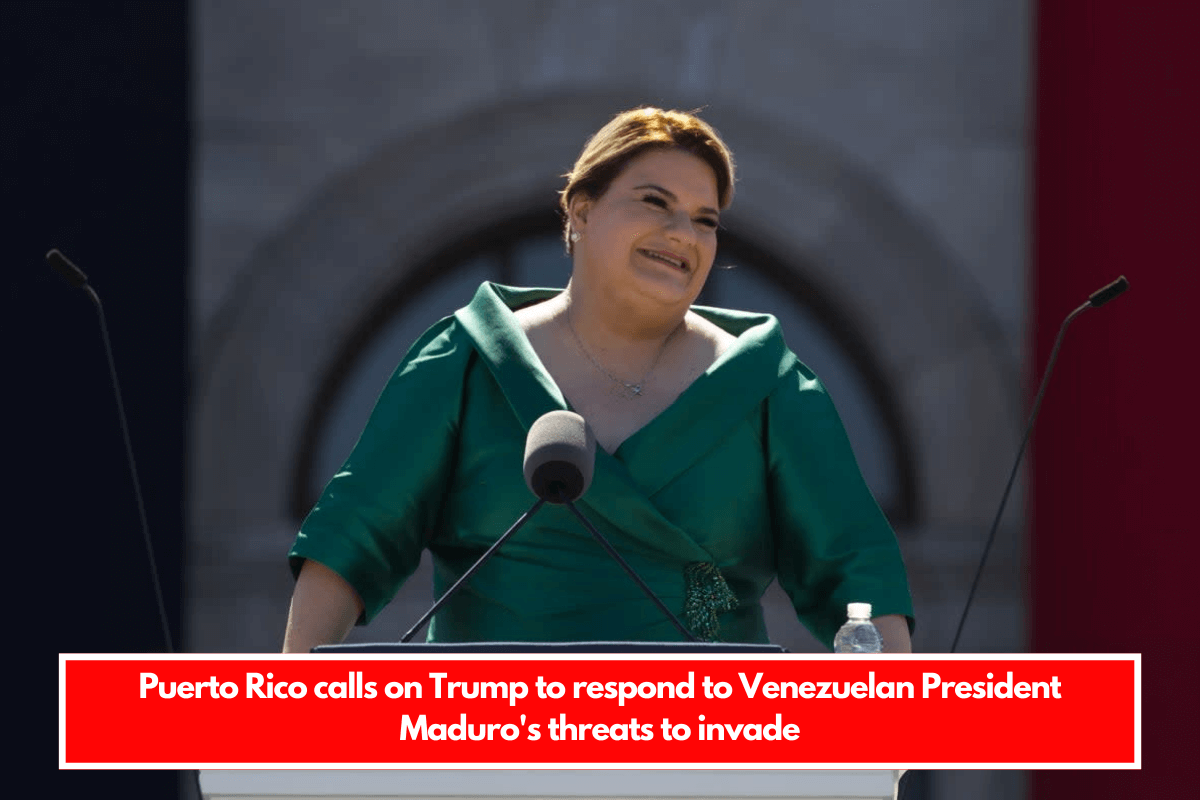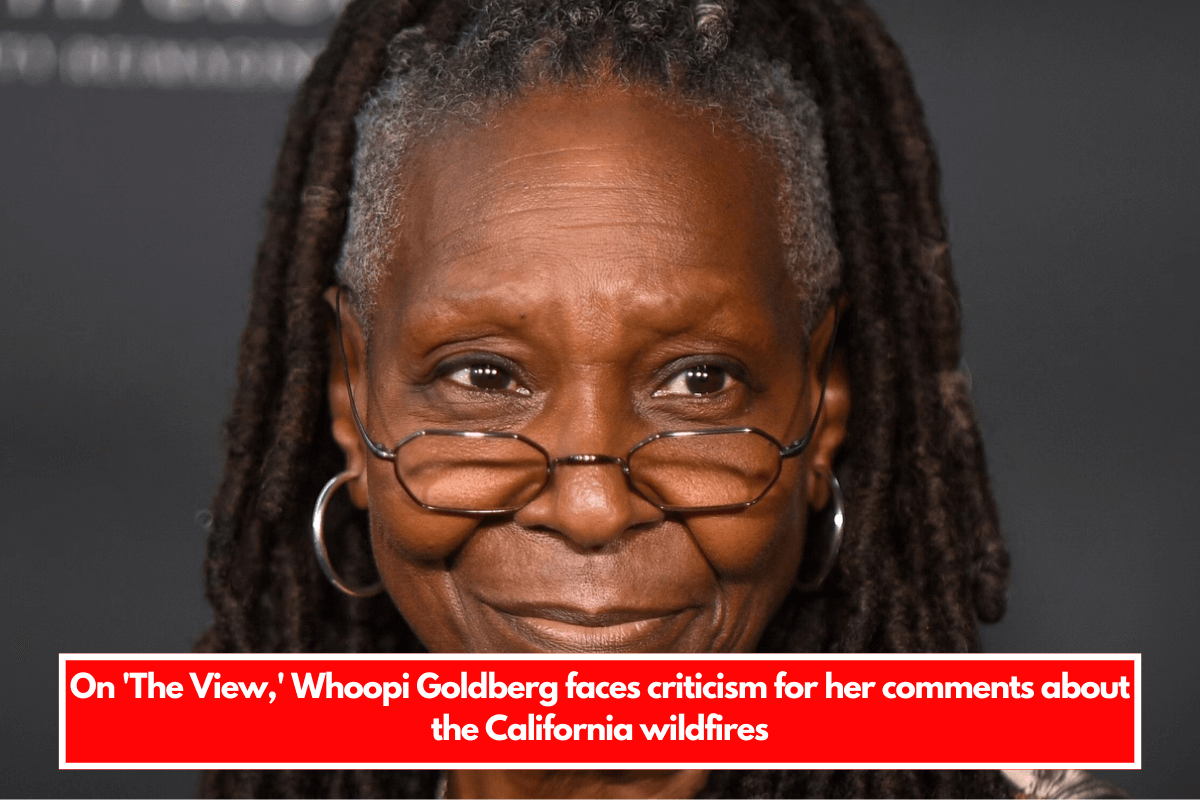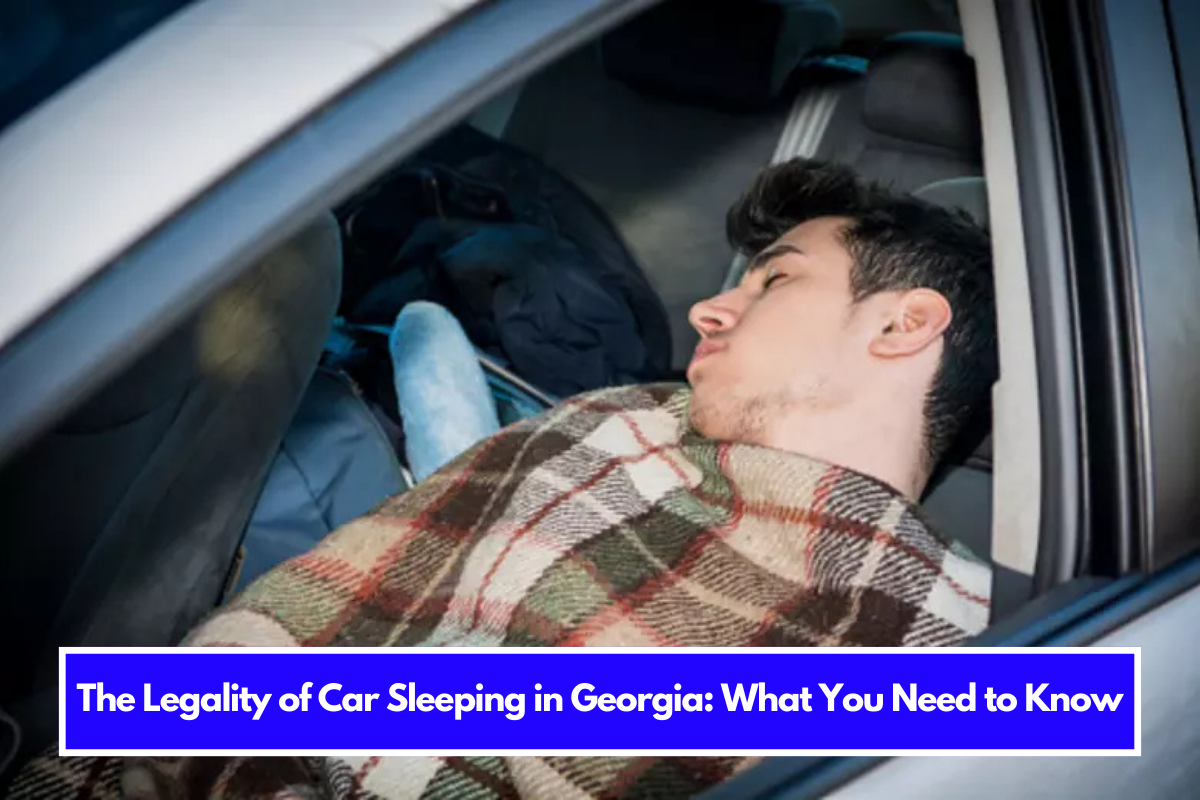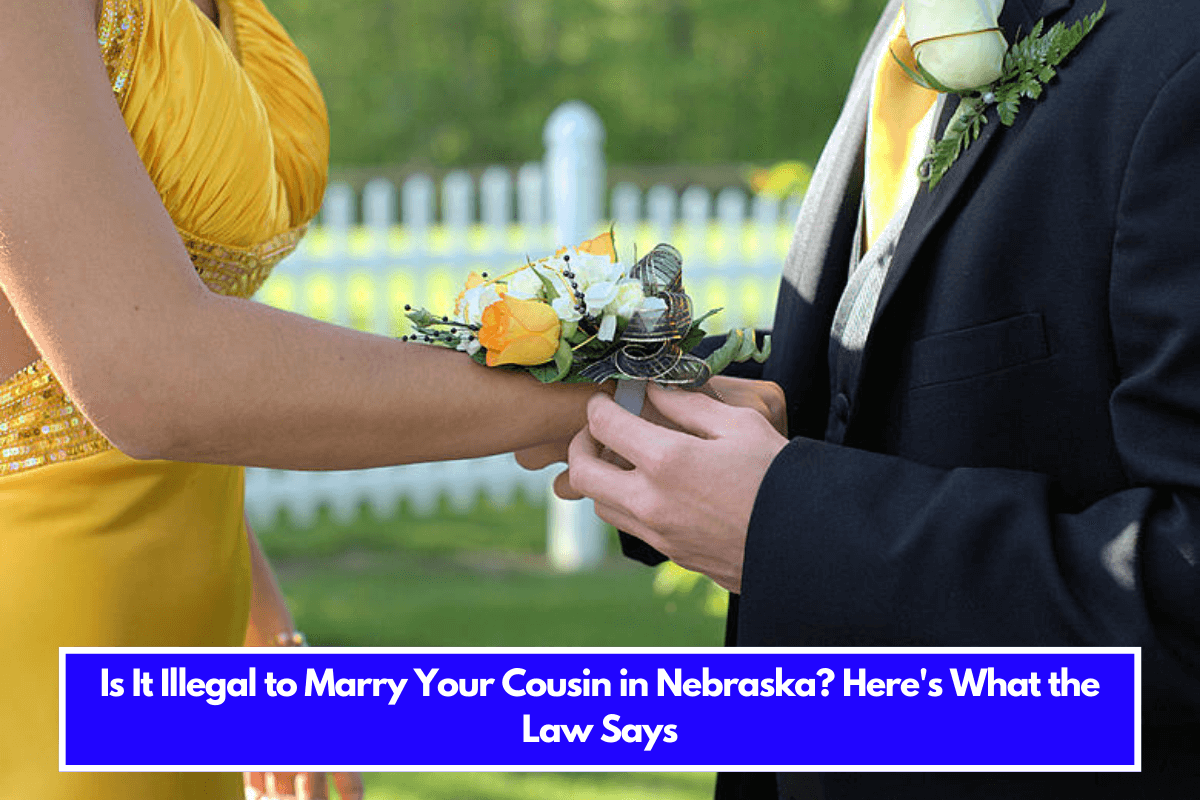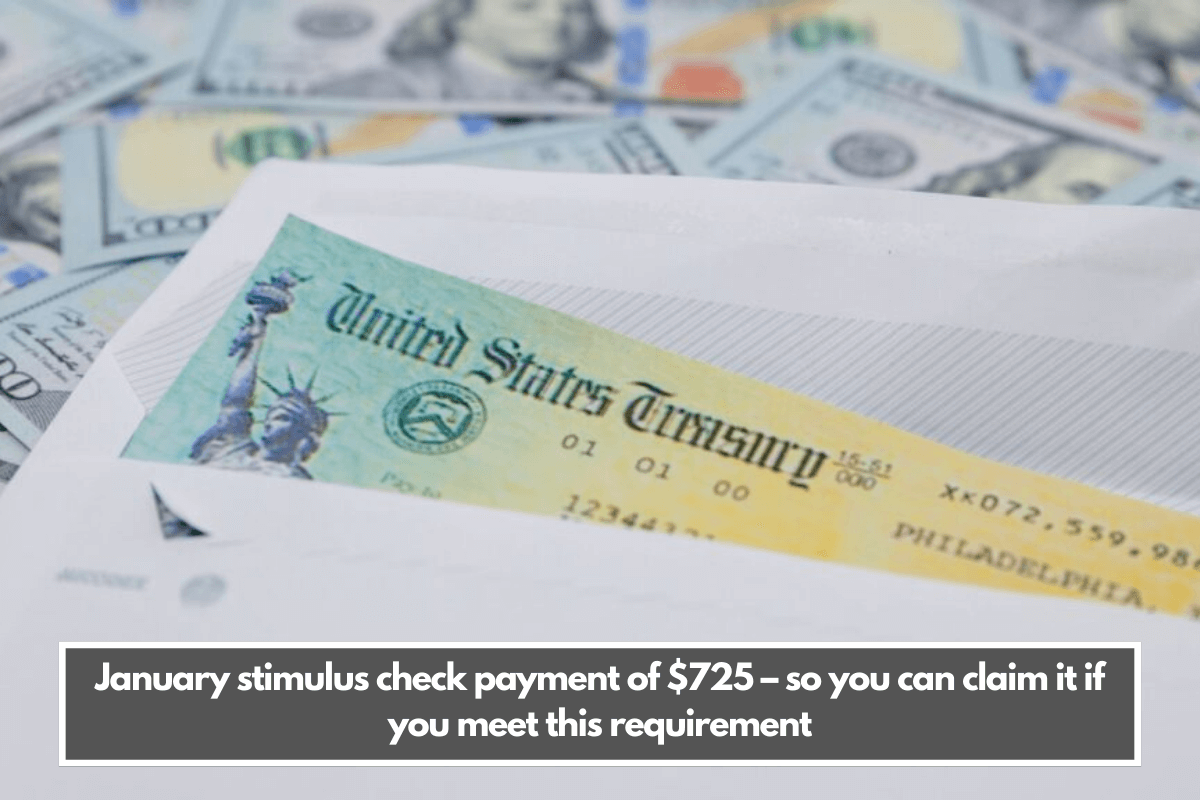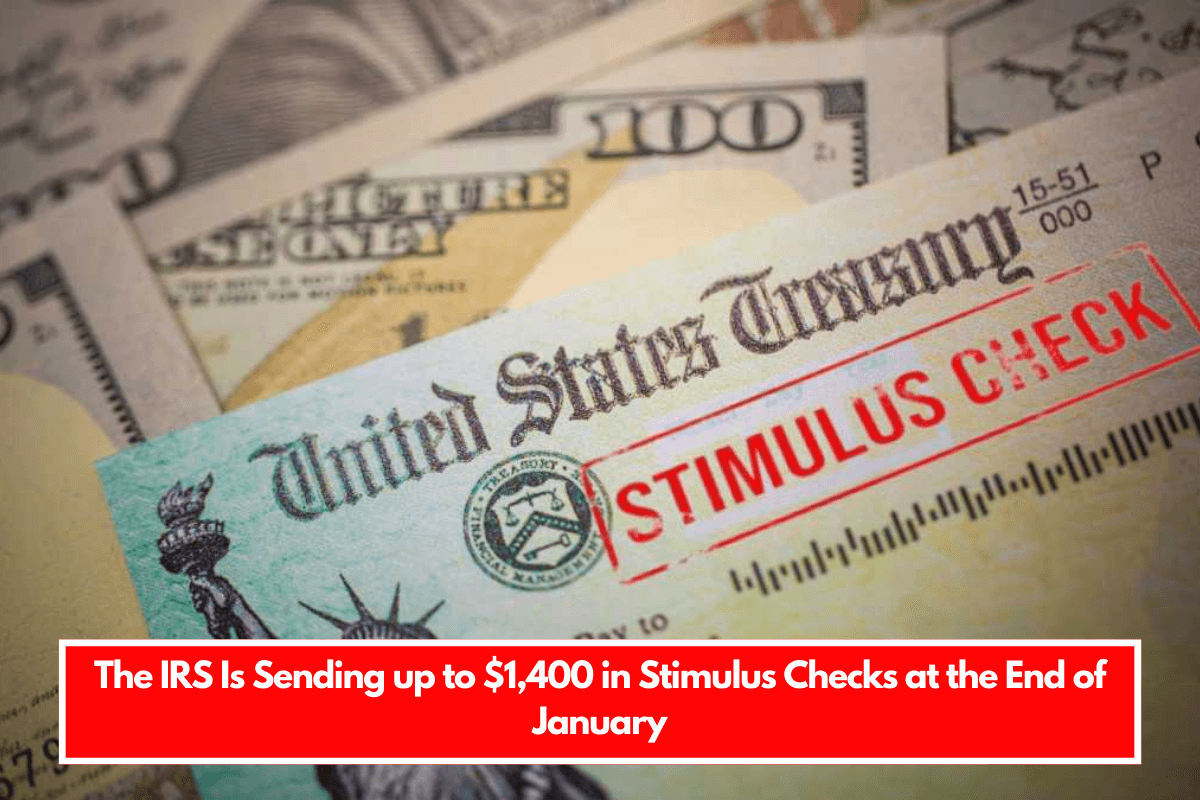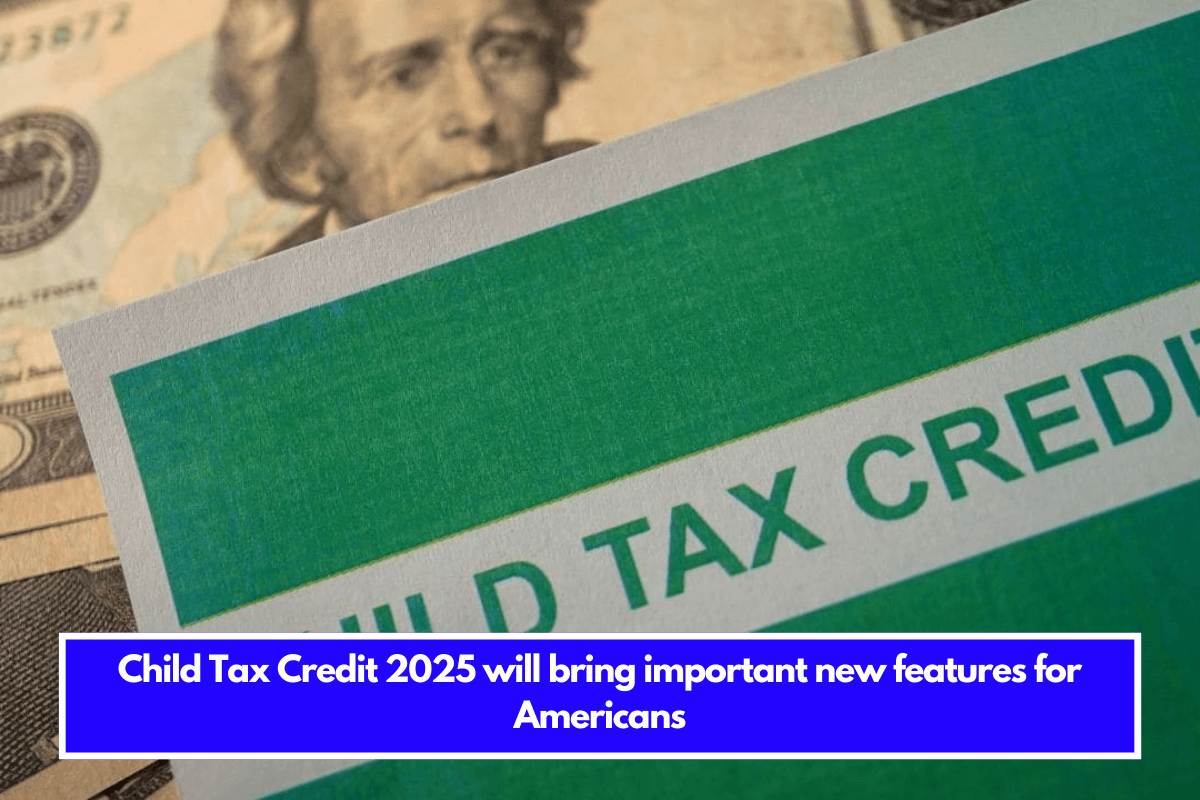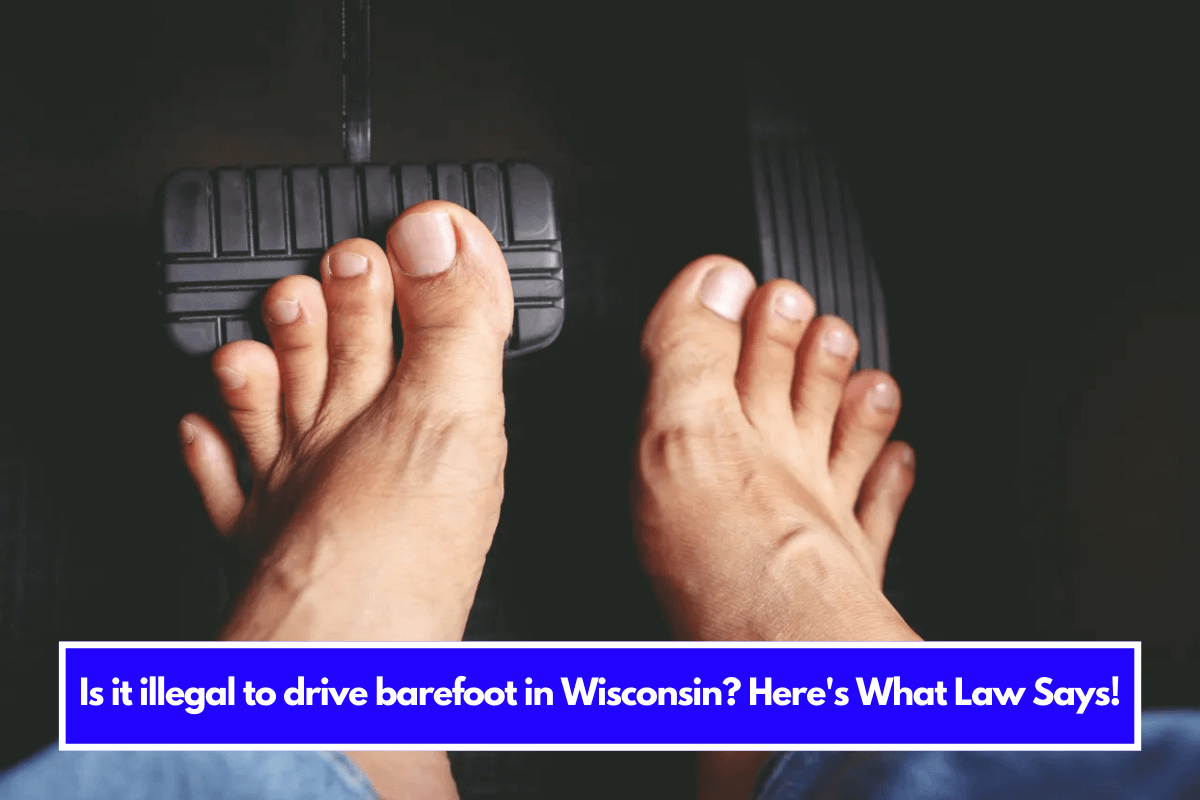Puerto Rico’s governor has urged President-elect Donald Trump to respond after Venezuelan President Nicolás Maduro threatened to invade the US territory.
In a letter to the president-elect on Monday, Governor Jenniffer González-Colón urged Trump’s administration to “swiftly respond and make clear to the Maduro narco-regime that the US will protect American lives and sovereignty and will not bow down to petty, murderous thugs.”
González-Colón described Maduro’s threat as “an open threat to the US, our national security, and regional stability.”
Puerto Rico’s territory “hosts critical U.S. Coast Guard and U.S. Customs and Border Protection assets and units that help secure our borders and combat the drug trafficking networks that fund the Maduro narco-regime,” according to her letter. “In fact, the United States shares a maritime boundary with Venezuela in Puerto Rico.”
The call to Trump comes at an awkward time for the president-elect, who recently refused to rule out using military force in his stated global expansion plans to take over the Panama Canal and Greenland.
“We need Greenland for national security purposes,” he stated. “I’ve been told that for a long time.” He insisted that Denmark “give up the country to the U.S. because we need it for national security.”
Maduro threatened Puerto Rico during a speech in Caracas on Sunday.
“As in the north they have an agenda of colonization, we have an agenda of liberation,” the Venezuelan president stated. “That agenda was written for us by Simón Bolívar,” who led six South American countries to independence.
“The liberty of Puerto Rico is pending, and we will achieve it with Brazilian troops,” according to him.
Puerto Ricans have consistently voted against independence, as González mentioned in her letter. She also mentioned a nonbinding referendum held in November in which voters overwhelmingly supported Puerto Rico’s statehood.
“We have voted to strengthen our union with the United States through statehood,” González-Colón wrote.
Maduro was sworn in for his third term last week, after being re-elected in an election widely regarded as illegitimate.

